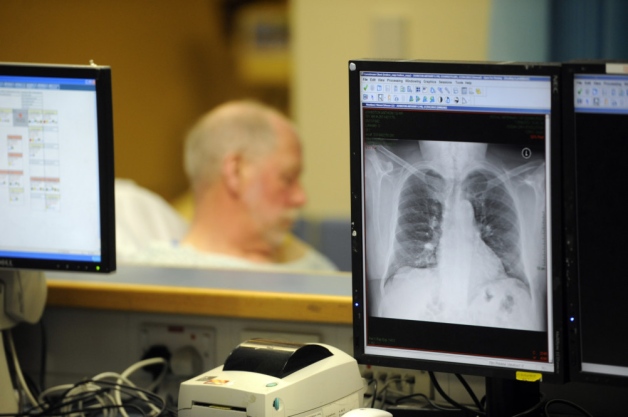Government Grants
Business Grants
Home Owner Programs
Federal Programs
About Us
National Science Foundation announces the Cyberlearning: Transforming Education Program
by: Michael SaundersThe US Government gives great importance to education and nation's education system. There is a certain agency of the government, the National Science Foundation (NSF), that is primarily designed to encourage and support fundamental research and education in all non-medical fields of science and engineering.
| Sponsored Links |
|
|
The NSF has an estimated annual budget amounting to $6.87 billion to be utilized in funding 20% of all federally-supported research studies conducted by US colleges and universities.
In keeping with the its agency objectives, the NSF has established the Cyberlearning: Transforming Education program.
The Cyberlearning: Transforming Education is a program wherein the NSF will provide funding for research proposals that aim to explore opportunities associated with the promotion and assessment of learning techniques through the help of new technologies, taking advantage of the application of those technologies, and the utilization of those technologies in the process of promoting deep and lasting learning of content, practices, skills, attitudes, and dispositions that are essential in becoming an engaged and productive citizen.
The primary goals of the Cyberlearning: Transforming Education program is to:
a) to develop a better understanding at how people utilize technology in their learning process and how technology can be utilized to help people learn productively
b) to be enable the learners to use technology in collecting, analyzing, sharing, and managing data to shed light on learning, promoting learning, and designing learning environments;
(continued...)
National Science Foundation announces the Cyberlearning: Transforming Education Program
Page 2
About The Author
Michael Saunders is an editor of TopGovernmentGrants.com one the the most comprehensive Websites offering information on government grants and federal government programs. He also maintains Websites providing resources on environmental grants and grants for youth programs. |
Additional Government Grants Resources
Government Grants Within The United States Humanities Sector
The field of humanities employs methods that are primarily analytical, critical, or speculative, as differentiated from the mainly empirical approaches of the natural sciences.
American Schools and Hospitals Abroad Program
Much of the international aid provided by the United States government goes to support education and healthcare efforts around the world. Many of these programs are design to encourage the spread of American values to other countries.
Development of Measures to Determine Successful Hearing Health Care Outcomes
In accordance with this mission, the National Institutes of Health has recently collaborated with the National Institute on Deafness and Other Communication Disorders (NIDCD) in an attempt to constitute the Development of Measures to Determine Successful Hearing Health Care Outcomes Program.
Harnessing Advanced Health Technologies to Drive Mental Health Improvement Program
The National Institutes of Health has collaborated with National Institute of Mental Health (NIMH) in order to constitute the establishment of the Harnessing Advanced Health Technologies to Drive Mental Health Improvement Program.
Using DNA Technology to Identify the Missing Program
In keeping with this mission, the Office of Justice Programs has recently announced the establishment of Using DNA Technology to Identify the Missing Program.
Scalable Nanomanufacturing Grants Program
The National Science Foundation has announced the constitution of the Scalable Nanomanufacturing Grants Program wherein it intends to deepen and encourage research and education in the area of scalable nanomanufacturing, including the long-term societal implications of the largescale implementation of nanomanufacturing innovations.
Lifespan Respite Care Program - Technical Assistance Resource Center
In keeping with this mission, the Administration on Aging has recently announced the constitution of the Lifespan Respite Care Program - Technical Assistance Resource Center wherein it aims to invite applications for a competitive grant opportunity for implementing the requirements of the Technical Assistance Resource Center (TARC) as authorized in the Lifespan Respite Care Act of 2006.
Social Entrepreneurship
Spotlight
Social Enterprises: Key to Enhancing a Nation’s Health

Glasgow Caledonian University (GCU) has launched a series of noteworthy research projects to learn if social enterprises can help Scotland lose its “sick man of Europe” label and boost the nation’s overall health.
